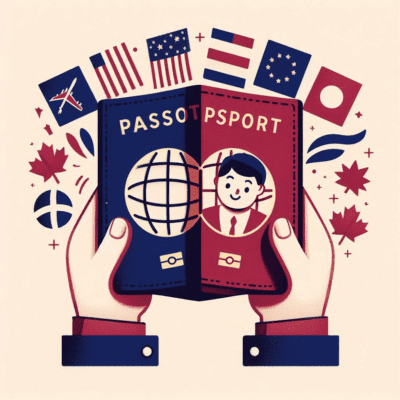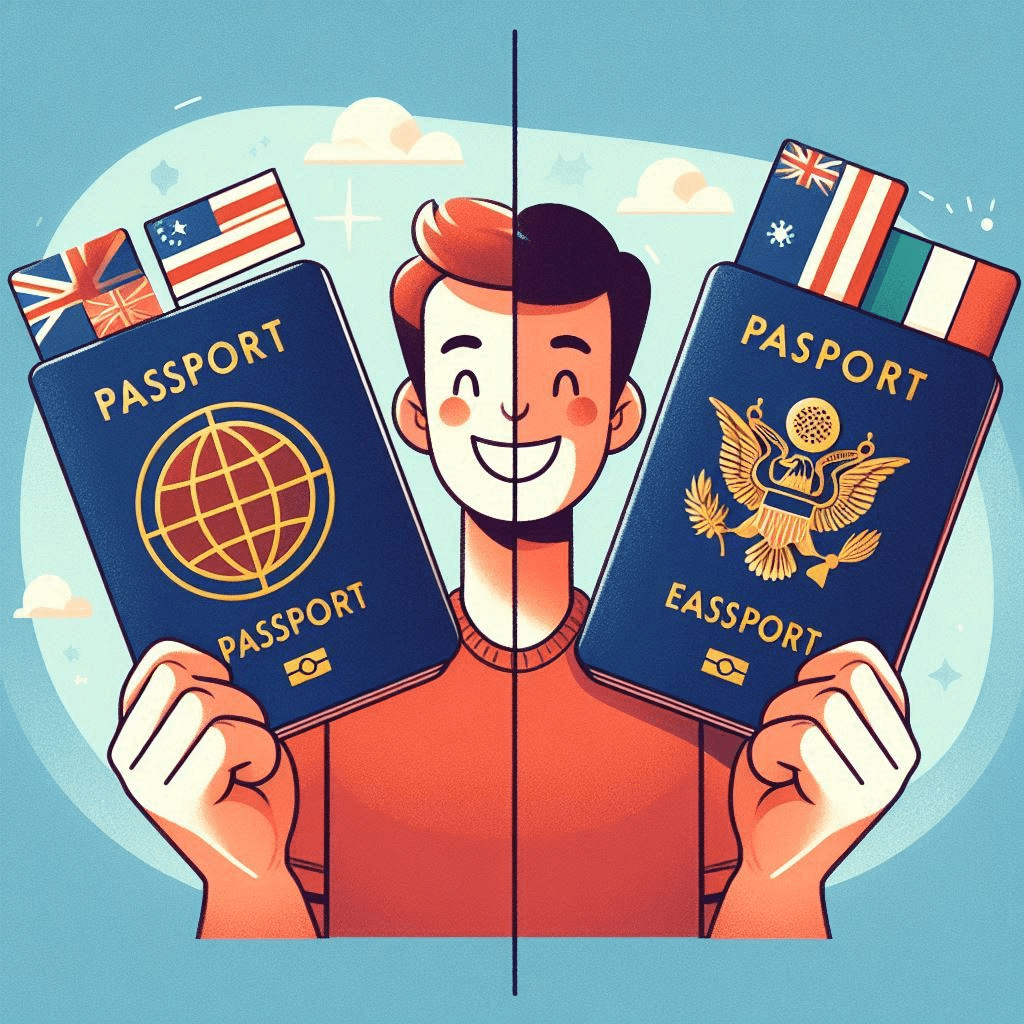
China’s stance on dual citizenship is a topic of significant interest and confusion for many, particularly for overseas Chinese, expatriates, and individuals with ties to China.
The country’s strict approach to nationality is rooted in its Nationality Law of 1980, which explicitly prohibits dual citizenship.
This article delves into the legal framework, practical implications, and guidance for navigating citizenship issues related to China.
China’s Official Position on Dual Citizenship

The Nationality Law of the People’s Republic of China is unequivocal in its stance on dual nationality.
The cornerstone of this law is Article 3, which states:
“The People’s Republic of China does not recognize dual nationality for any Chinese national.”
This principle underscores China’s approach to citizenship, ensuring that individuals are either fully Chinese or fully foreign nationals, with no legal recognition of dual allegiance.
Key Provisions of China’s Nationality Law
The Nationality Law outlines several critical provisions that govern citizenship in China.
Below are the most relevant articles and their practical implications:
| Article | Provision | Practical Implication |
|---|---|---|
| Article 3 | China does not recognize dual nationality | Chinese citizens cannot legally hold another citizenship. |
| Article 9 | Chinese nationals who voluntarily acquire foreign citizenship automatically lose Chinese nationality | No formal renunciation process is required, but documentation may be needed to confirm the loss of Chinese nationality. |
| Article 5 | Persons born abroad to Chinese parents have Chinese nationality | This applies unless the parents have settled abroad and the child acquires foreign nationality at birth. |
| Article 13 | Foreign nationals may apply for Chinese nationality under specific conditions | Applicants must demonstrate legitimate reasons and agree to abide by Chinese laws and the constitution. |
These provisions form the legal foundation for how China handles nationality and citizenship issues.
Common Scenarios and Their Legal Implications
1. Chinese Citizens Acquiring Foreign Citizenship
Under Article 9, Chinese nationals who voluntarily naturalize in another country automatically lose their Chinese citizenship.
However, this process is not always straightforward in practice.
For example:
- A Chinese citizen who becomes a foreign national may still retain their hukou (household registration) in China.
- Their Chinese passport remains valid until its expiration date.
- Chinese authorities may continue to treat them as Chinese citizens unless they formally cancel their hukou and notify the government of their new citizenship status.
Practical Steps:
To avoid complications, individuals should:
- Formally cancel their hukou through local authorities in China.
- Notify the nearest Chinese embassy or consulate of their foreign naturalization.
- Obtain proper documentation to confirm their new citizenship status.
2. Children Born to Chinese Parents Abroad
Children born abroad to Chinese parents often find themselves in a complex legal situation.
According to Article 5, these children automatically acquire Chinese nationality by descent.
However, if the child is born in a country that grants citizenship based on jus soli (right of the soil), they may also acquire foreign citizenship at birth.
Key Considerations:
- China considers these children solely as Chinese nationals, regardless of their foreign citizenship.
- When entering China on Chinese travel documents, they are treated exclusively as Chinese citizens. This means they may not receive consular assistance from their other country of citizenship while in China.
Practical Advice:
- Parents should maintain proper documentation for both nationalities.
- If the foreign citizenship is preferred, parents may consider formally renouncing the child’s Chinese nationality.
Consequences of Attempting to Maintain Dual Citizenship
Attempting to maintain dual citizenship in violation of Chinese law can lead to several complications, including:
- Denial of Consular Protection:
While in China, individuals with dual citizenship may not receive consular assistance from their other country of citizenship. - Legal and Administrative Issues:
Dual citizens may face fines, administrative penalties, or difficulties with property ownership, business operations, and inheritance in China. - Exit and Entry Challenges:
Individuals attempting to use foreign passports to enter or exit China may encounter legal complications, as Chinese authorities will treat them as Chinese nationals. - Loss of Rights Abroad:
In some cases, individuals may inadvertently lose rights or privileges associated with their foreign citizenship while in China.
Practical Guidance for Different Situations
For Former Chinese Citizens Who Are Now Foreign Nationals:
- Obtain a Foreign Permanent Residence ID Card:
This card (外国人永久居留证) allows long-term stays in China without the need for Chinese citizenship. - Apply for Appropriate Visas:
Depending on the purpose of your visit, you may need a Q1/Q2 visa for family visits or an M visa for business purposes. - Carry Documentation:
Always have proof of your foreign naturalization when traveling to China to avoid misunderstandings.
For Parents of Children with Potential Dual Nationality:
- Understand China’s Position:
China will consider your child a Chinese national while they are in the country, regardless of their foreign citizenship. - Maintain Proper Documentation:
Ensure you have all necessary documents for both nationalities, including birth certificates and passports. - Consider Renunciation:
If you prefer your child to retain only their foreign citizenship, you may need to formally renounce their Chinese nationality.
Official Resources and Further Reading
For those seeking more information or assistance, the following resources are invaluable:
- Nationality Law of the People’s Republic of China:
Official English Translation - Embassy of the People’s Republic of China:
Visit the consular services section of your local Chinese embassy for guidance. - Exit and Entry Administration Law of the People’s Republic of China:
This law provides additional details on travel and residency requirements.
Conclusion
China’s position on dual citizenship is clear and unambiguous: it does not recognize dual nationality. However, the practical implementation of this policy can be inconsistent, leading to confusion and challenges for individuals navigating citizenship issues.
Understanding the legal framework is essential for making informed decisions about your or your child’s nationality. When in doubt, consult with legal professionals who specialize in Chinese nationality law to ensure compliance and avoid potential complications.
By staying informed and proactive, you can navigate the complexities of Chinese nationality law with confidence.


